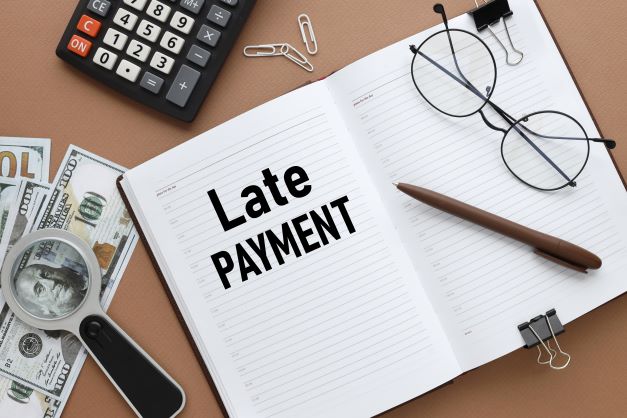Liz Barclay, who last year was appointed the government’s Small Business Commissioner, has highlighted the harmful impact of late payments, stating that self-employed workers are among those most at risk from the issue.
Appearing on the Saltare podcast with Saltare CEO Anthony Persse, Barclay detailed the impact that late payments can have on small and micro businesses. Barclay said that delayed invoices and late payments meant small firms were forced to stretch their funds, which subsequently means many cut their budgets for things such as research and development and new staff.
Barclay stated that inconsistent cashflow meant many small businesses and freelancers were restricted from investing in training, equipment and new jobs and that some even faced the prospect of closure.
Barclay said: “If we look economically, small businesses are put at risk and can’t manage their cash flow if they don’t have payment certainty or know when payments will be made. This means they either have to stretch their funds or look elsewhere for funding, and this limits their investments not just in business growth but business-as-usual functions.”
Barclay also emphasised the toll that late payments can have on the mental health of small business owners as they seek to run their operations with inconsistent or insufficient funds. Barclay stated in particular that freelancers, sole traders and micro companies were most at risk of mental health problems arising from late payments.
Saltare CEO Anthony Persse commented: “Chatting to Liz really brings home how important it is for business leaders and policymakers in the UK to prioritise paying on time. Early payment and the certainty of payment ease cashflow concerns and improves the likelihood of future success and growth. Conversely, poor cashflow and poor payment practices ultimately leads to business failure and insolvency.”
Sign in
Welcome! Log into your account
Forgot your password? Get help
Password recovery
Recover your password
A password will be e-mailed to you.









